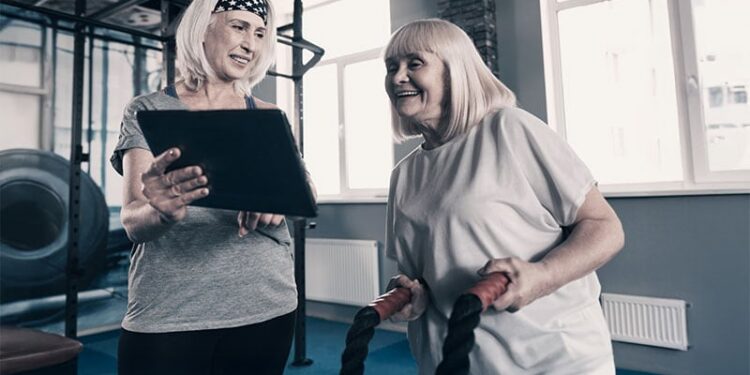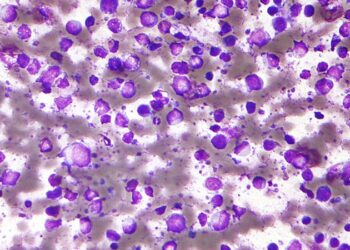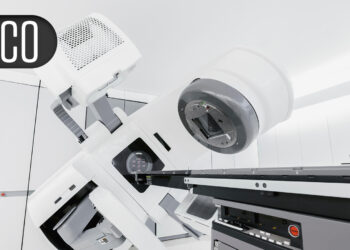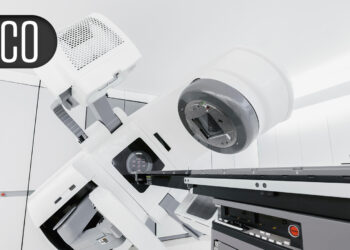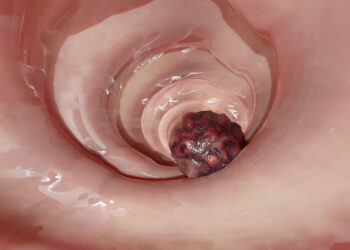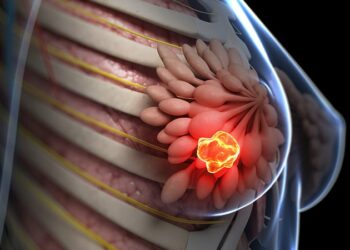TOPLINE:
Supervised high-intensity interval training (HIIT) over 5 years reduced the risk for rapid decline in estimated glomerular filtration rate (eGFR) in community-dwelling adults aged 70-77 years.
METHODOLOGY:
- Exercise has shown benefits for the heart, brain, and musculoskeletal systems, but its effects on kidney function have not been adequately studied, even though international guidelines have recommended moderate to vigorous exercise for patients with chronic kidney disease.
- This post hoc analysis of a randomized trial conducted in Norway investigated the effect of different intensities of physical exercise on kidney function in 1156 older adults with normal or mildly decreased eGFR (median age, 72 years; 50% men; median eGFR, 95 mL/min/1.73 m2).
- Participants were randomly assigned to one of three groups:
- Control (n = 385): Received information on exercise recommendations (30 minutes of moderate-intensity exercise, 5 d/wk).
- Supervised moderate-intensity continuous training (MICT; n = 380): Performed two supervised 50-minute continuous exercise sessions per week at ~70% peak heart rate (Borg score [rate of perceived exertion]: 11-14) in addition to receiving information on recommended exercise.
- Supervised HIIT (n = 391): Performed two supervised sessions per week, each with a 10-minute warm-up and four 4-minute intervals at ~90% peak heart rate (Borg score: 15-20) in addition to receiving information on recommended exercise.
- The participants followed exercise recommendations/programs for 5 years, with a mean follow-up of 3.9 years.
- The primary outcome was rapid eGFR decline, defined as a decrease of > 5 mL/min/1.73 m² per year; eGFR was estimated using the Chronic Kidney Disease Epidemiology Collaboration equation on the basis of cystatin C.
TAKEAWAY:
- The HIIT group had a significantly lower risk for rapid eGFR decline than the control group (relative risk [RR], 0.75; 95% CI, 0.59-0.95).
- The HIIT group maintained higher peak oxygen uptake throughout the study, with an increase of 3.3 mL/kg/min from baseline to 1 year, whereas the MICT and control groups showed increases of 2.3 mL/kg/min and 1.8 mL/kg/min, respectively (P ≤ .001 for all).
- Participants who increased moderate to vigorous physical activity by more than 20 min/wk had a lower risk for rapid eGFR decline than those maintaining stable activity (adjusted RR, 0.73; 95% CI, 0.53-0.99).
- No cardiovascular disease-related events were noted during the supervised exercise sessions.
IN PRACTICE:
“The current study demonstrates that high-intensity physical activity is feasible as a long-term intervention,” the authors wrote. “Preservation of kidney function should be recognized as one of the numerous health benefits of high-intensity exercise training,” they added.
SOURCE:
This study was led by Stein Ivar Hallan, MD, PhD, Norwegian University of Science and Technology, Trondheim, Norway. It was published online in the Journal of the American Society of Nephrology.
LIMITATIONS:
Study participants were generally healthier and potentially more motivated to perform and adhere to physical exercise than nonparticipants. Substantial overlap in training intensity between the groups may have biased the results toward the null hypothesis. The study population was predominantly White, had moderate to high cardiovascular fitness, and had normal or only mildly decreased GFR at randomization, potentially limiting the generalizability of the findings to other populations.
DISCLOSURES:
This study received funding from Norges Forskningsråd, Norges Teknisk-Naturvitenskapelige Universitet, and Helse Midt-Norge. Two authors reported having financial ties with several journals, societies, and pharmaceutical companies.
This article was created using several editorial tools, including AI, as part of the process. Human editors reviewed this content before publication.
Source link : https://www.medscape.com/viewarticle/high-intensity-interval-training-reduces-risk-kidney-2025a10005wd?src=rss
Author :
Publish date : 2025-03-11 10:30:00
Copyright for syndicated content belongs to the linked Source.

